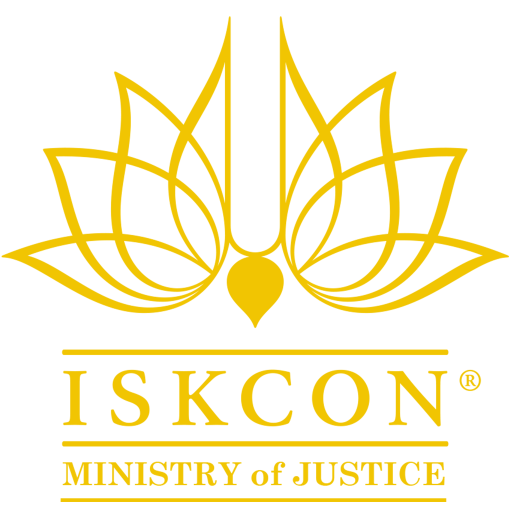Overview
ISKCON's Governing Body Commission recognizes that relationships in spiritual life are crucial for advancing the devotional path. Devotee association and service to guru and Sri Krishna give us spiritual strength and inspiration. These must be carefully managed, however, particularly for those in leadership positions. Servant leadership is the mood by which ISKCON Leaders must execute their duties. Any devotee with responsibility must meet high ethical and moral standards. In their relationships, these Leaders must be caring and compassionate and inspire devotees in their spiritual quest. Simultaneously, they must maintain a formal, respectful, and appropriate emotional and physical distance and exercise their guidance with objectivity. In all services, leaders must maintain high professional standards and be compliant with all laws, standards, and ethics both within and without ISKCON.


